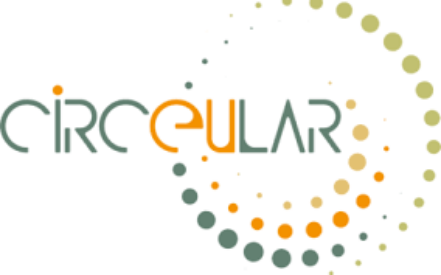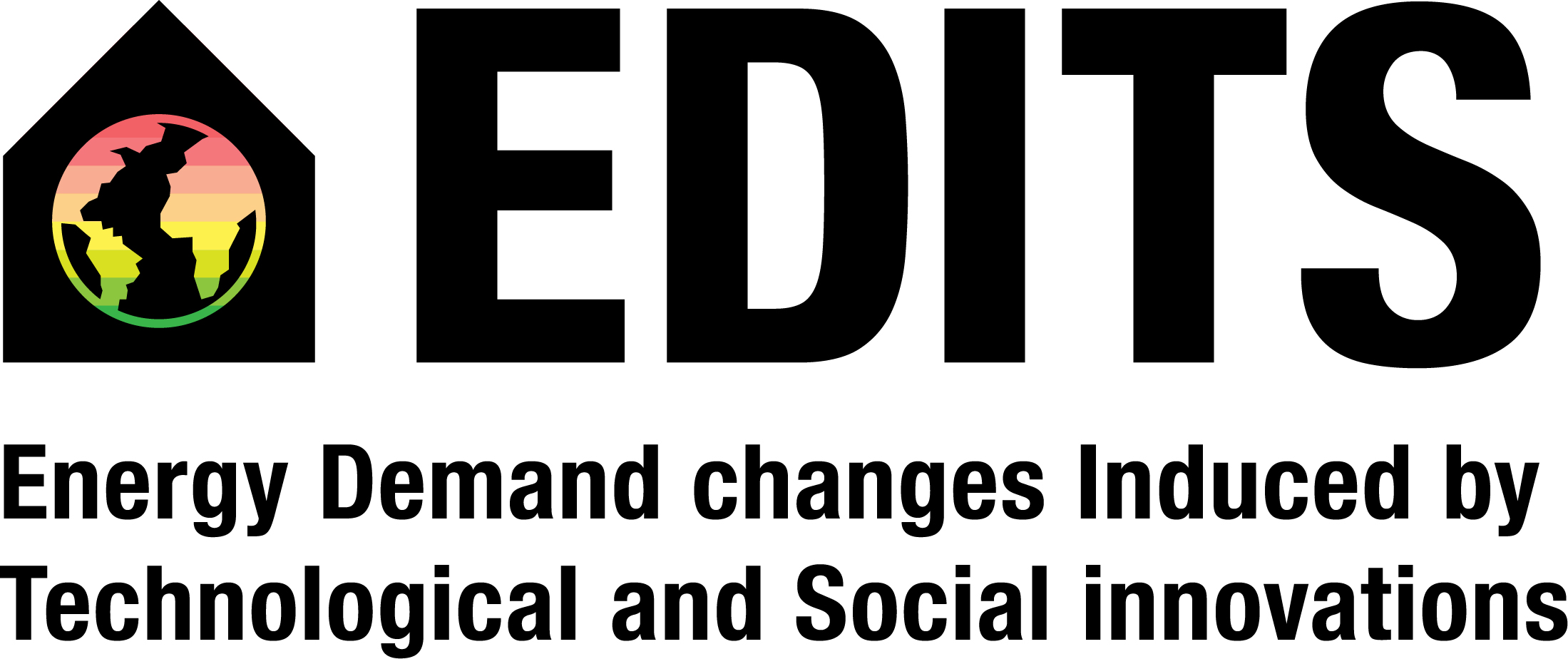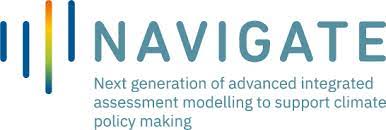
IIASA-ECE researchers explore how to efficiently produce and reuse materials in order to achieve the 2015 Paris Agreement climate goal.
Reaching the 2015 Paris Agreement goal to limiting global warming below 2°C require major transitions in multiple sectors, such as more efficient use of materials through reusing and recycling. Especially in Industry, which alone accounts for about a quarter of global emissions, there is a high need to develop low- to zero-greenhouse gas production processes for materials such as steel, building materials, and chemicals.
IIASA-ECE researchers are exploring scenarios on the use of materials worldwide, in order to develop efficiency strategies for the reduction of emissions related to material extraction, manufacturing, and use.
Material cycles are integrated into the IAM framework to broaden the strategy space beyond classic energy- and land-based climate mitigation strategies by including important elements of circular economy approaches. Initially, the focus is on bulk materials such as steel, cement, non-ferrous metals, or plastics, with the aim to also include important critical materials for key low-carbon technologies, such as batteries and fuel cells.
Research Projects
 © CircEUlar
© CircEUlar
CircEUlar: CircEUlar will develop new modelling approaches for analysing circularity from a systems perspective accounting for (i) dematerialisation and the transition to a service-based economy to limit material stock growth, (ii) lifetime extension of material stocks through repair, maintenance, reuse, and (iii) waste treatment and material recycling. CircEUlar will also focus on digitalisation as a potential enabler of dematerialisation and supply chain circularity.
 © IIASA
© IIASA
EDITS: The Energy Demand changes Induced by Technological and Social innovations (EDITS) network brings together experts of various disciplines to regularly discuss about and engage in the multi-faceted energy demand research. The EDITS community works together based on common interest in interlinked topics, on transferring methodological knowledge, and on exploring modeling innovations across demand-side models.
 © Navigate
© Navigate
NAVIGATE: NAVIGATE aims to develop the Next generation of AdVanced InteGrated Assessment modelling to support climaTE policy making. By tackling existing weaknesses and lack of capabilities of the current generation of IAMs, NAVIGATE will provide new insight into how long-term climate goals can translate into short-term policy action, and how countries and sectors can work in concert to implement the Paris Agreement.
 © Shape
© Shape
SHAPE: SHAPE aims to contribute an in-depth analysis of sustainable development pathways (SDPs) that achieve the SDGs in 2030 and maintain sustainable development to reach the Paris climate goals until 2100. In the SHAPE project, IIASA leads the work on climate change and inequality, working on improving the global representation of shelter and thermal comfort and perform a global analysis energy needs required for reaching Decent Living Standards.
Relevant publications:
Hung, C.R., Kishimoto, P. , Krey, V. , Strømman, A.H., & Majeau‐Bettez, G. (2022). ECOPT 2 : An adaptable life cycle assessment model for the environmentally constrained optimization of prospective technology transitions. Journal of Industrial Ecology 10.1111/jiec.13331.
Wang, T., Berrill, P., Zimmerman, J.B., Rao, N. , Min, J. , & Hertwich, E.G. (2022). Improved Copper Circularity as a Result of Increased Material Efficiency in the U.S. Housing Stock. Environmental Science & Technology 56 (7) 4565-4577. 10.1021/acs.est.1c06474.
Pedneault, J., Majeau-Bettez, G., Krey, V. , & Margni, M. (2021). What future for primary aluminium production in a decarbonizing economy? Global Environmental Change 69 e102316. 10.1016/j.gloenvcha.2021.102316.
Virág, D., Wiedenhofer, D., Baumgart, A., Matej, S., Krausmann, F., Min, J. , Rao, N.D. , & Haberl, H. (2022). How much infrastructure is required to support decent mobility for all? An exploratory assessment. Ecological Economics 200 e107511. 10.1016/j.ecolecon.2022.107511.


